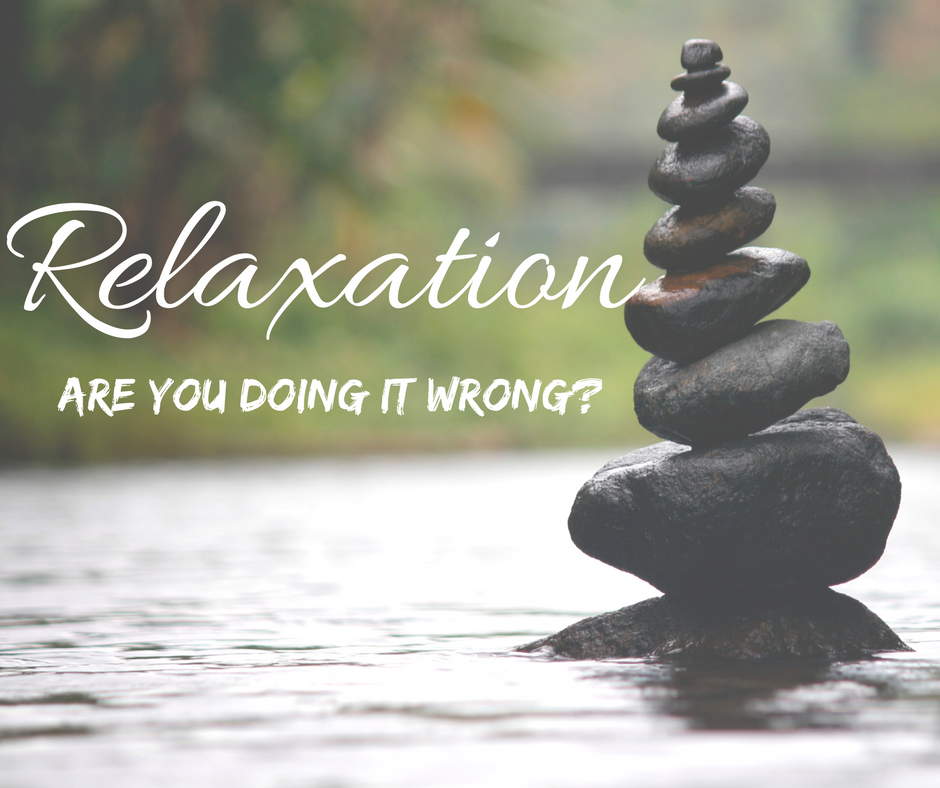Just relax. It’s one of those mantras a lot of people with anxiety tell themselves, but is that always the best move? And does it work?
If you experience anxiety, you likely perceive things as more dangerous (physically, emotionally, and/or mentally) than the average person. This causes your fight or flight system may “turn on” faster and more often: your heart rate increases, your palms sweat, your breath shortens and you may feel dizzy or numb. While this is a normal body response, it can feel scary and heighten your anxiety.
When you physically relax, it’s your parasympathetic system that calms you down and brings you back to normal bodily function. If you are telling yourself to relax what you’re saying to your body is “please activate my parasympathetic system.” Sounds great a great antidote for anxiety, right?
Well, it kind of is and it kind of isn’t.
Why are you relaxing?
Relaxation is great, but it’s often confused as a solution to anxiety, rather than as tool in your arsenal to deal with anxiety. I often hear people tell me they want to relax because:
- The feeling is too much and I can’t handle it.
- If I don’t stop now I’m going to have a panic attack.
The problem here is relaxation can become a form of avoidance. Sure, it’d feel great if you were suddenly relaxed because your parasympathetic kicked in, but if you remember our parasympathetic system kicks in when a danger is gone. If you just start some deep breathing and muscle relaxation, did you actually address the perceived danger? Did you actually solve the problem?
When you try to utilize relaxation because the sensations feel overwhelming, what you’re doing is distracting yourself and avoiding the anxiety because you believe “I can’t handle this” or “I can’t tolerate this feeling”. That confirms to you that what you’re feeling is so dangerous you need to avoid it. Ultimately, this mindset stifles progress.
Calm to Carry On
When I work with clients, I will talk about and teach relaxation. But, relaxation is not done to avoid anxiety. Relaxation is done to calm yourself so you can do the work that will help dispel your anxiety. When you feel anxiety don’t just tell yourself to relax, remember the “why”:
- My anxiety is so high that it’s making it difficult to resolve the issue.
It’s a slight change, but slight changes can make a big difference in our thinking and feelings.
Recap:
- Unhealthy way: I’m going to relax because it is too dangerous to feel this feeling.
- Healthy way: I am consciously choosing to calm myself down because I CAN deal with this.
Look for next week’s blog on the intentional use of relaxation

